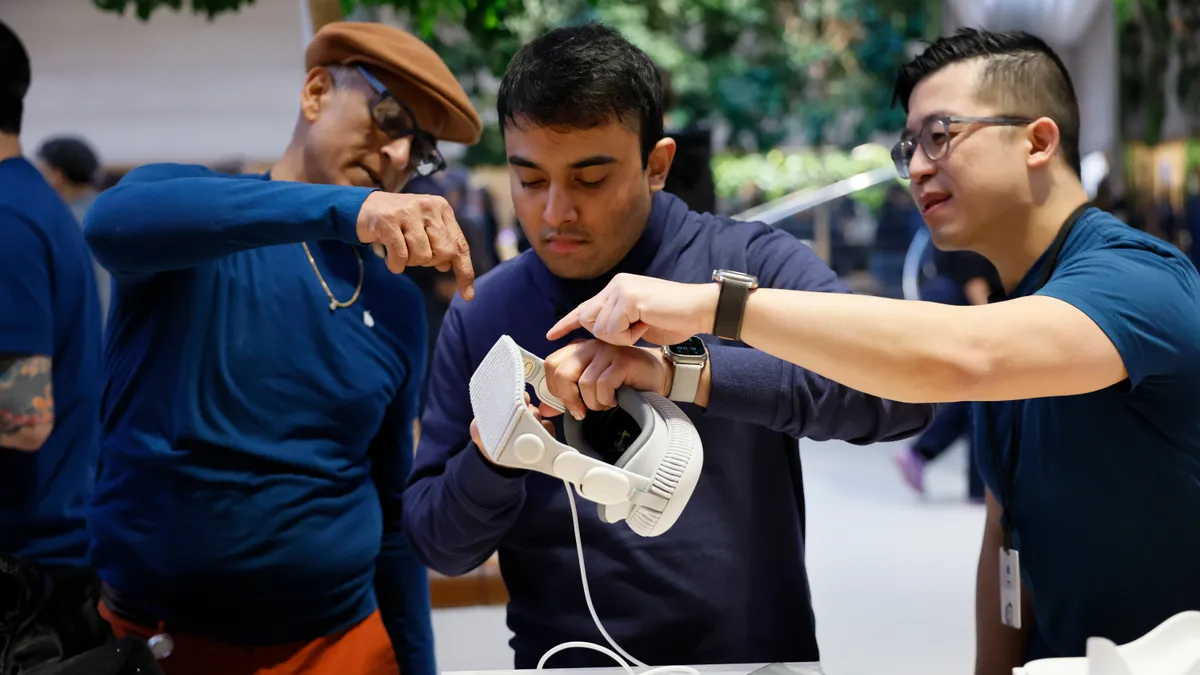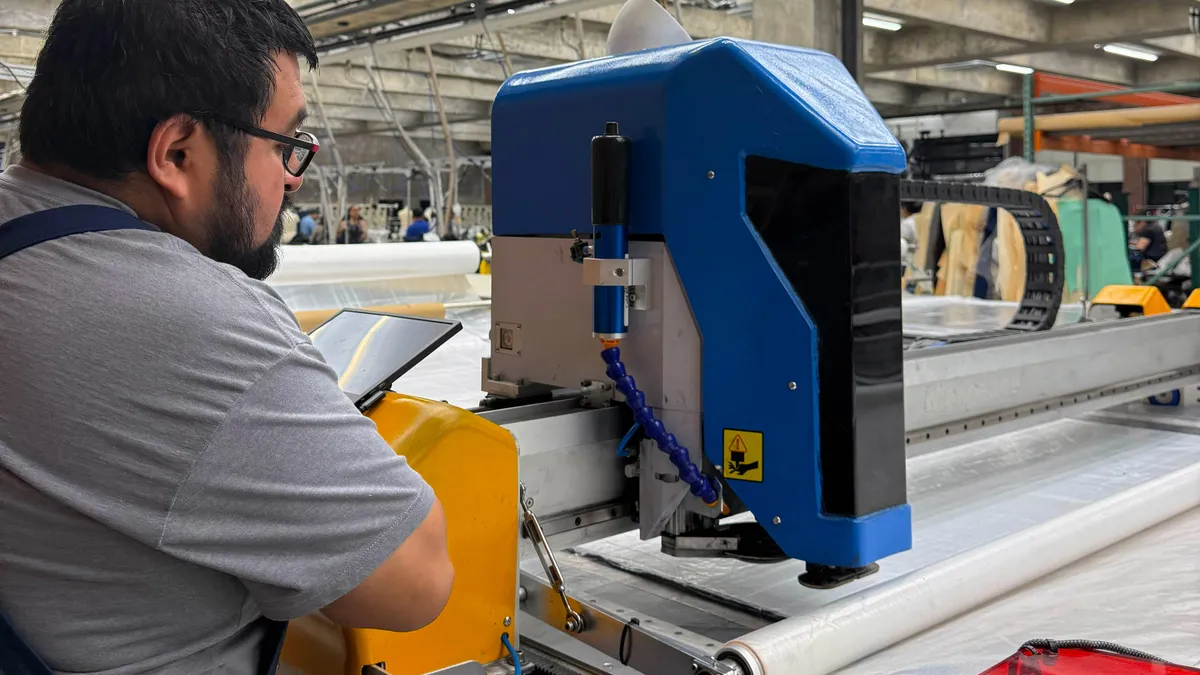Skills-based hiring appears to be lagging behind well-meaning ambitions, with most companies not yet making changes to drop degree requirements or increase their share of workers without degrees, according to a Feb. 14 report from The Burning Glass Institute and Harvard Business School.
Among companies that announced policy changes, about 45% appeared to make a change in name only and had no meaningful difference in hiring behavior, even after removing degree requirements from their postings.
“The skills-based hiring movement has gained momentum, as more and more employers committed to stripping degree requirements from their postings, replacing the proxy of a college degree with actual evaluations of candidate skill,” the report reads. “An initial flurry of high-profile pronouncements by private-sector and government employers alike has become a blizzard. But do these proclamations result in a real increase in access for workers?”
From 2014 to 2023, there was a nearly fourfold increase in the annual number of roles where employers dropped degree requirements, the report noted. However, this didn’t necessarily translate to changes in the hiring process.
Among 11,300 roles at large firms, companies increased the share of workers without a bachelor’s degree by about 3.5 percentage points. At the same time, this shift only applied to the 3.6% of roles that dropped a requirement during that time period, which means the net effect is a change of .14 percentage points in incremental hiring of candidates without degrees.
Overall, Burning Glass Institute and Harvard Business School estimated that the small shift translated to new opportunities for about 97,000 workers out of 77 million yearly hires — or fewer than 1 in 700 hires in 2023.
Beyond that, the progress didn’t occur uniformly across the companies that adopted skills-based policies. Instead, nearly all of the changes in hiring occurred among 37% of companies that removed degree requirements. Three types of companies emerged in the report:
- Skills-based hiring leaders: 37% of companies are making changes and following their commitments, increasing the share of workers without degrees by nearly 20%.
- In-name-only: 45% of companies made announcements but no real changes in their hiring practices.
- Backsliders: 18% of companies made short-term gains after dropping degree requirements but didn’t stick with it. In fact, in the long-term, these companies hired a smaller share of workers without degrees.
“Our analysis makes clear that successful adoption of skills-based hiring involves more than simply stripping language from job postings,” the report said. “To hire for skills, firms will need to implement robust and intentional changes in their hiring practices — and change is hard.”
Although workers say they want a skills-first approach in the workplace, employers are struggling to make the shift, according to a report from EY and iMocha. Companies with a skills-first approach are focusing on HR objectives such as career pathing and internal mobility, but integrating skills data into the HR process can be a challenge.
In addition, employers aren’t adopting skills-based hiring fast enough to meet market demands, particularly in tech fields, according to a General Assembly report. To fill the gap, companies are turning to in-house training and nontraditional learning and development opportunities to upskill their employees.
New skills-based hiring resources may help. The Society for Human Resource Management Foundation, for instance, launched a toolkit to promote a skills-based mindset in employment practices. The toolkit features 12 action items that employers can take to improve hiring practices and prioritize diverse hiring, including technology-enabled steps, job promotion communications and organizational changes.












